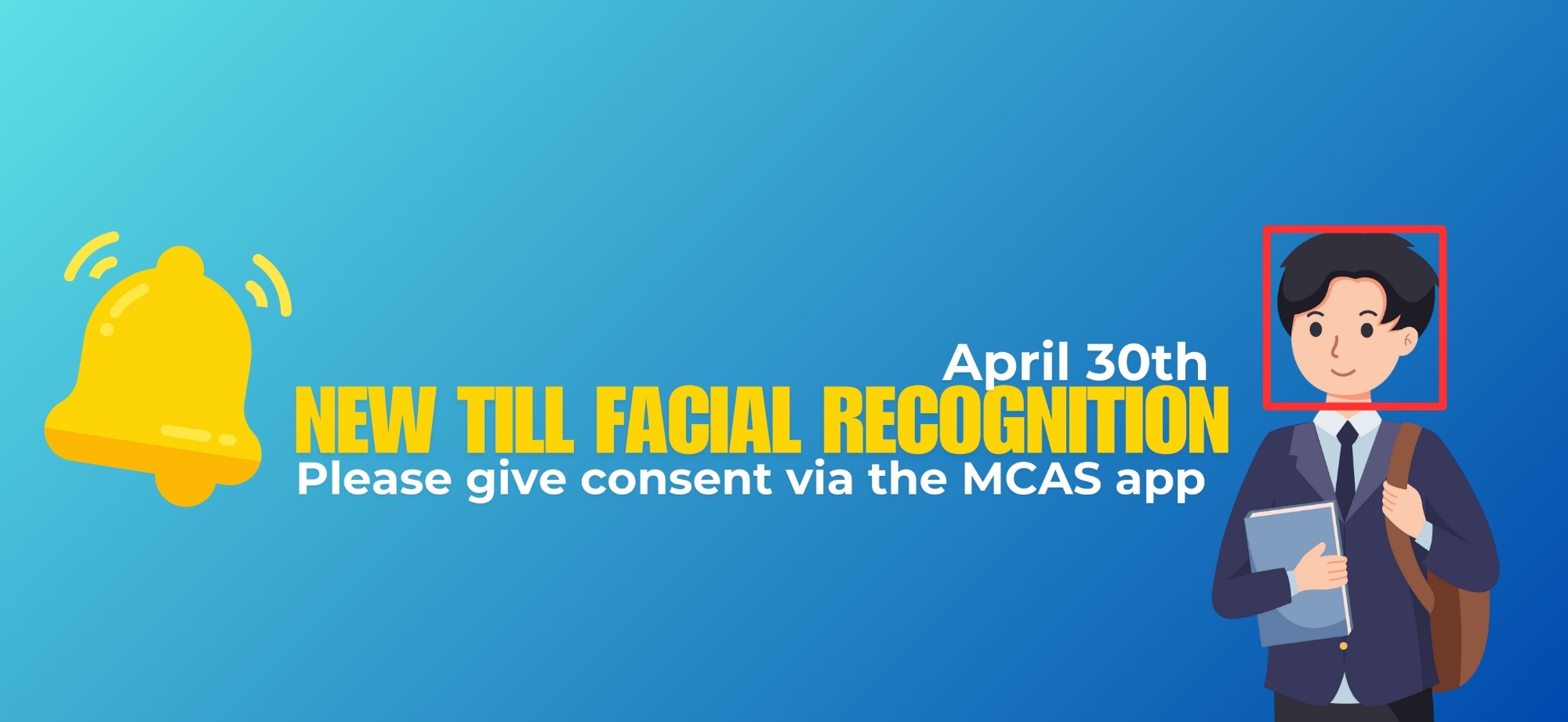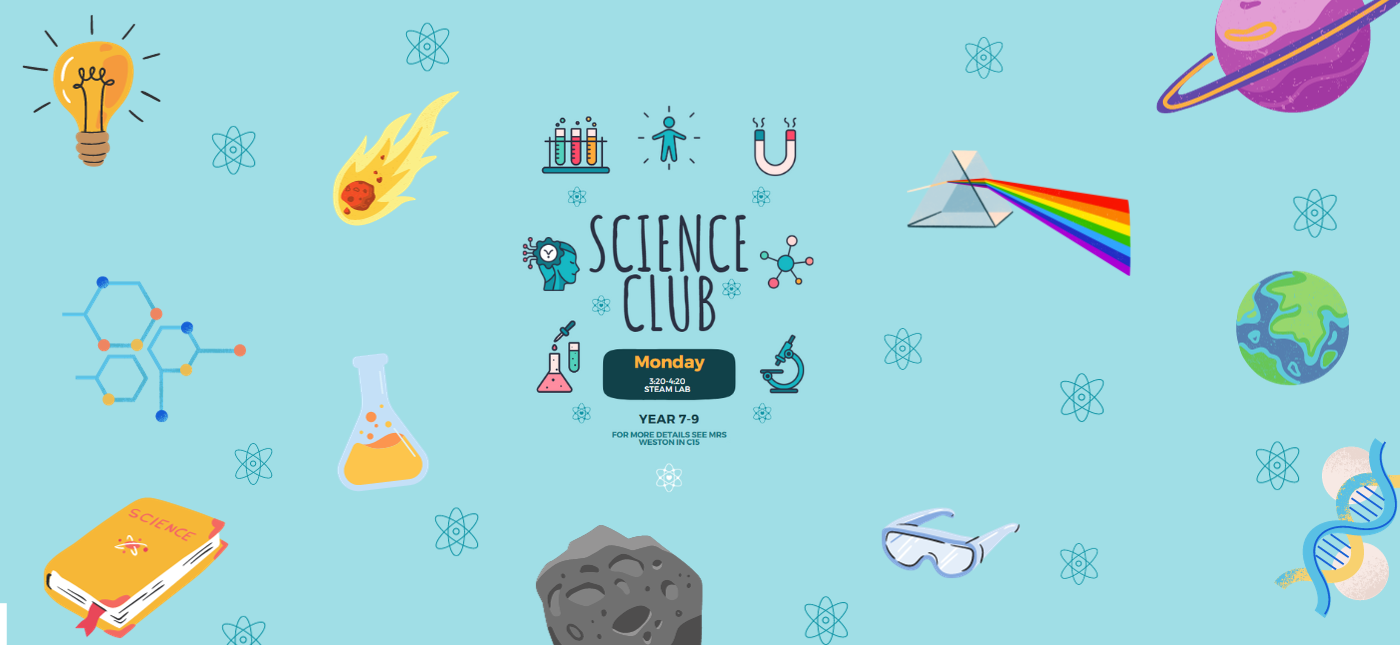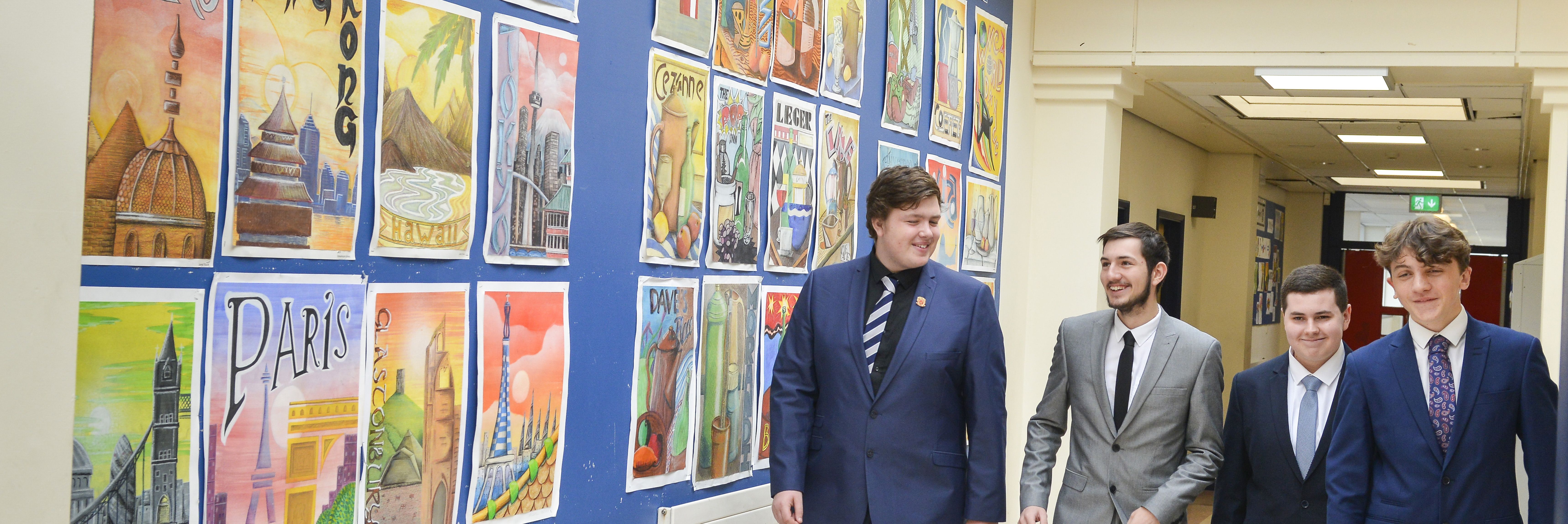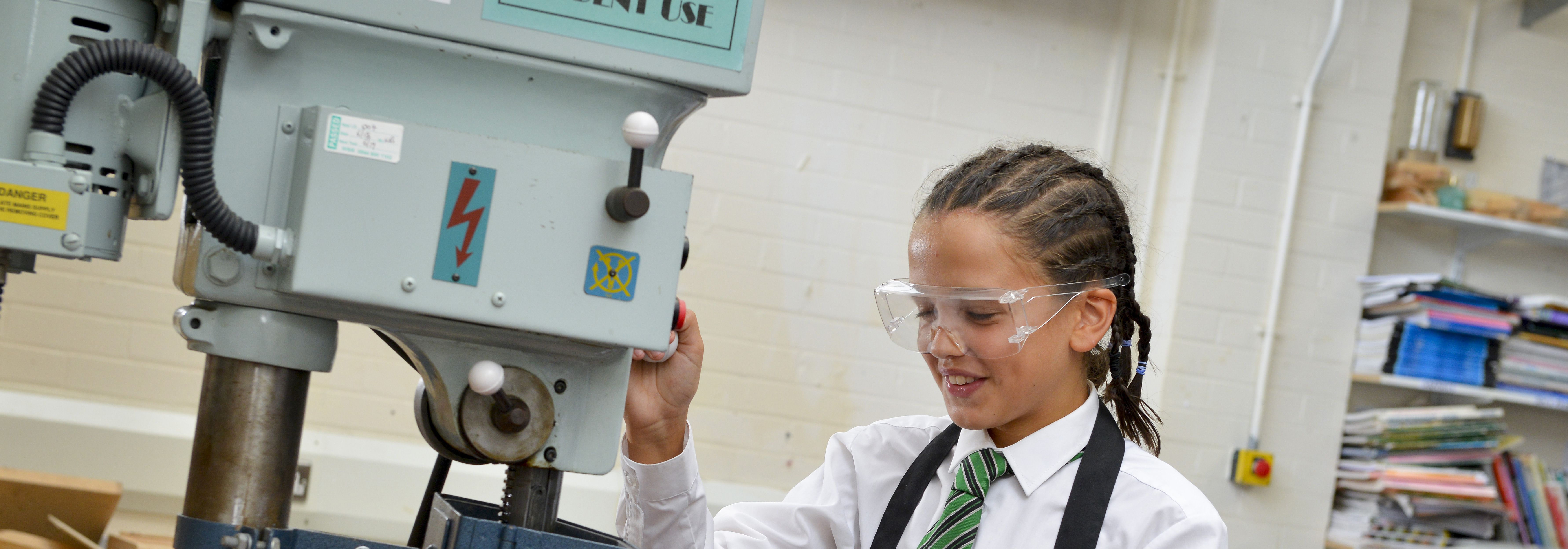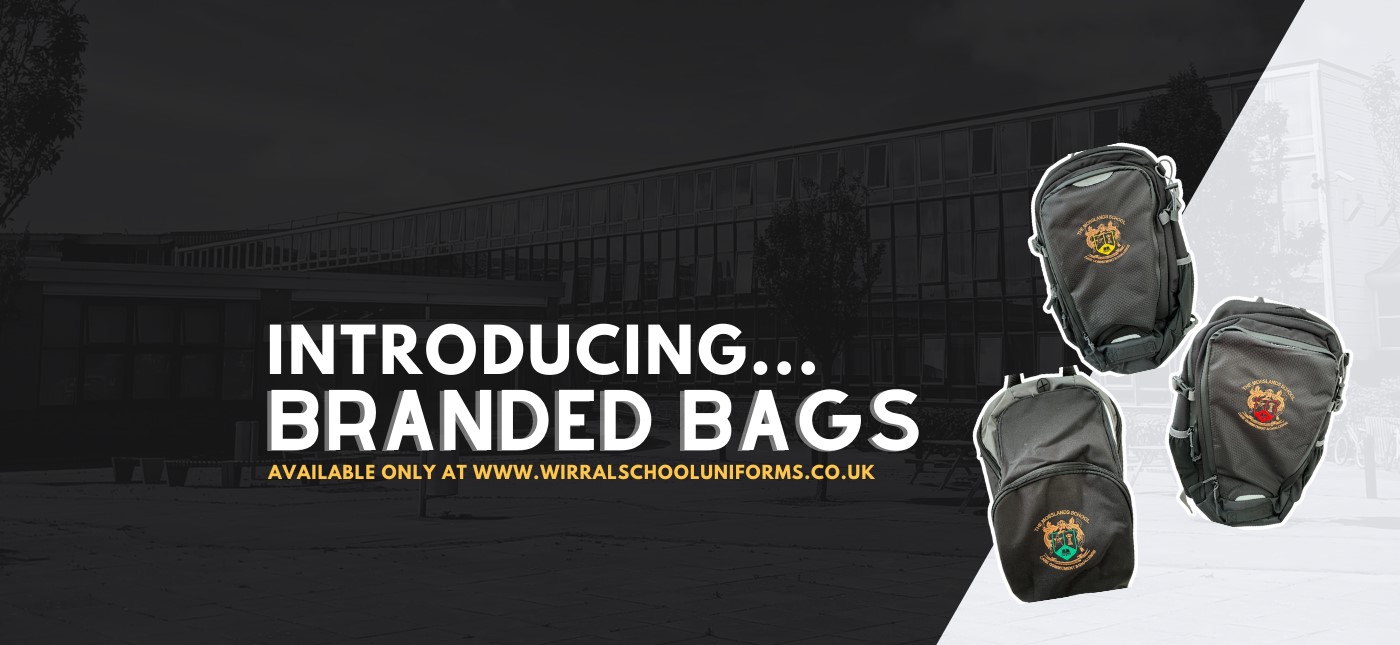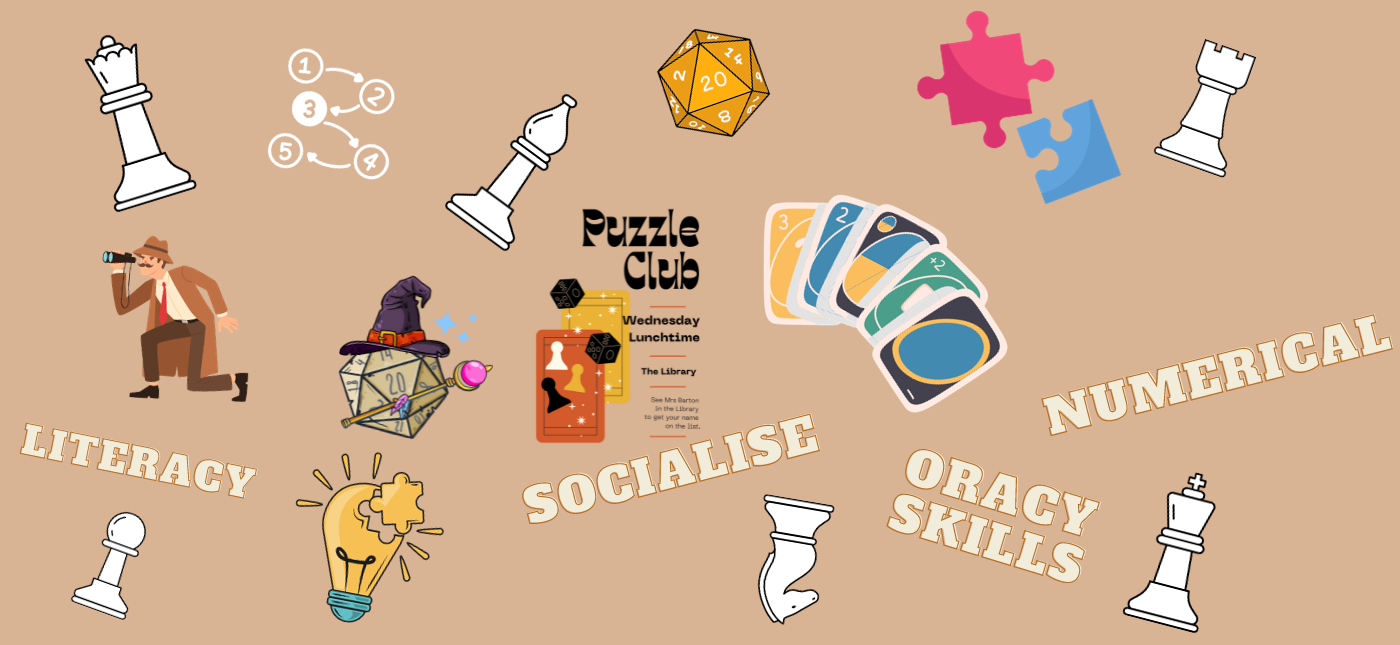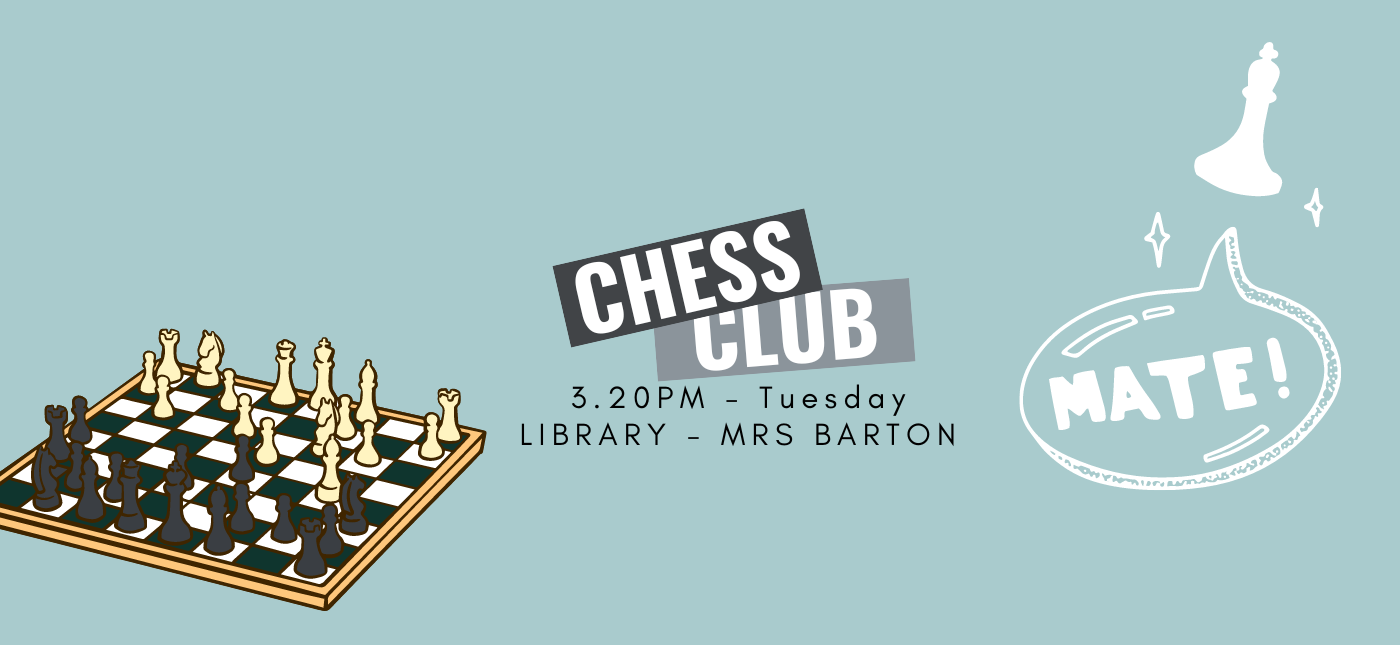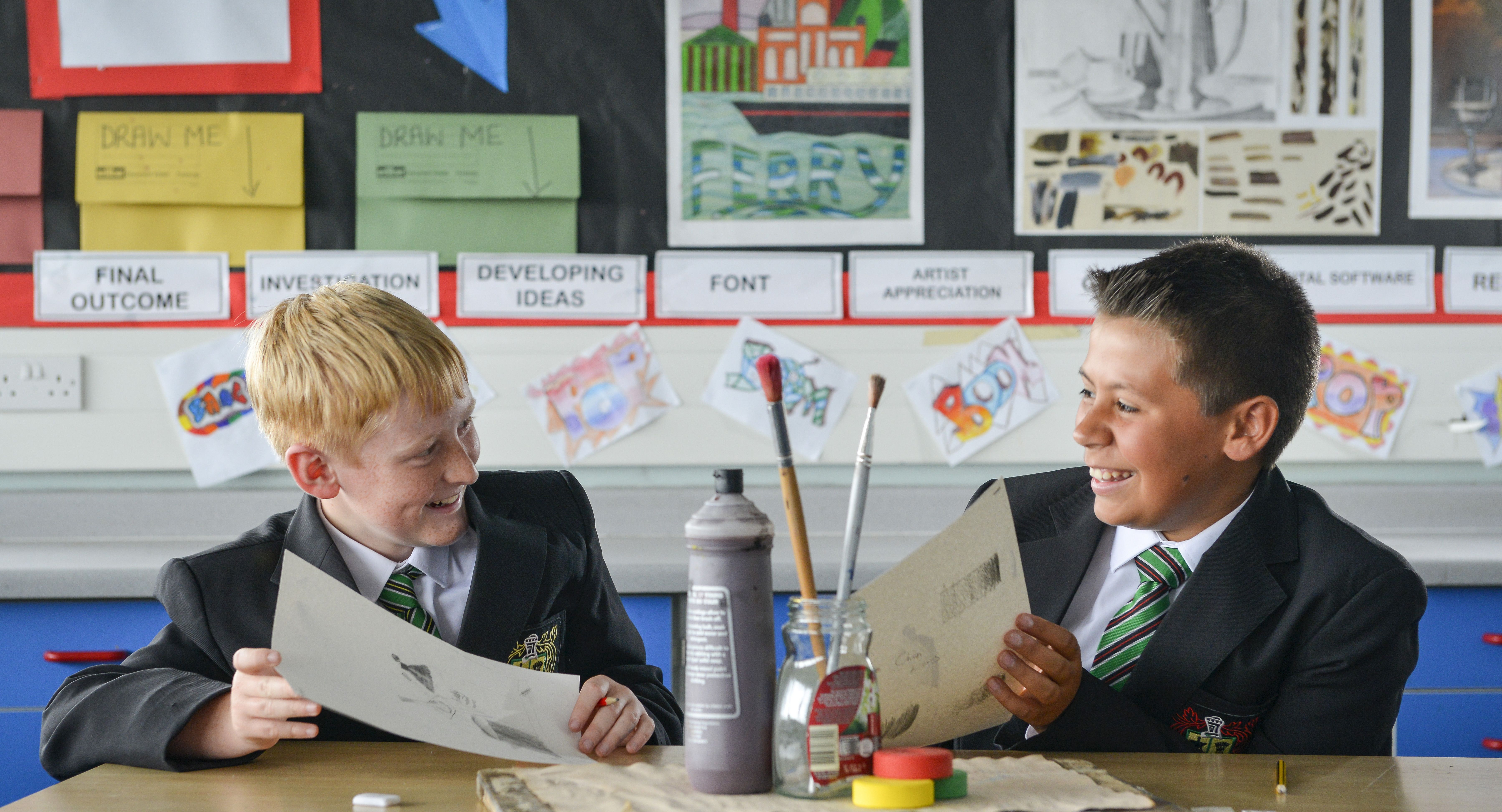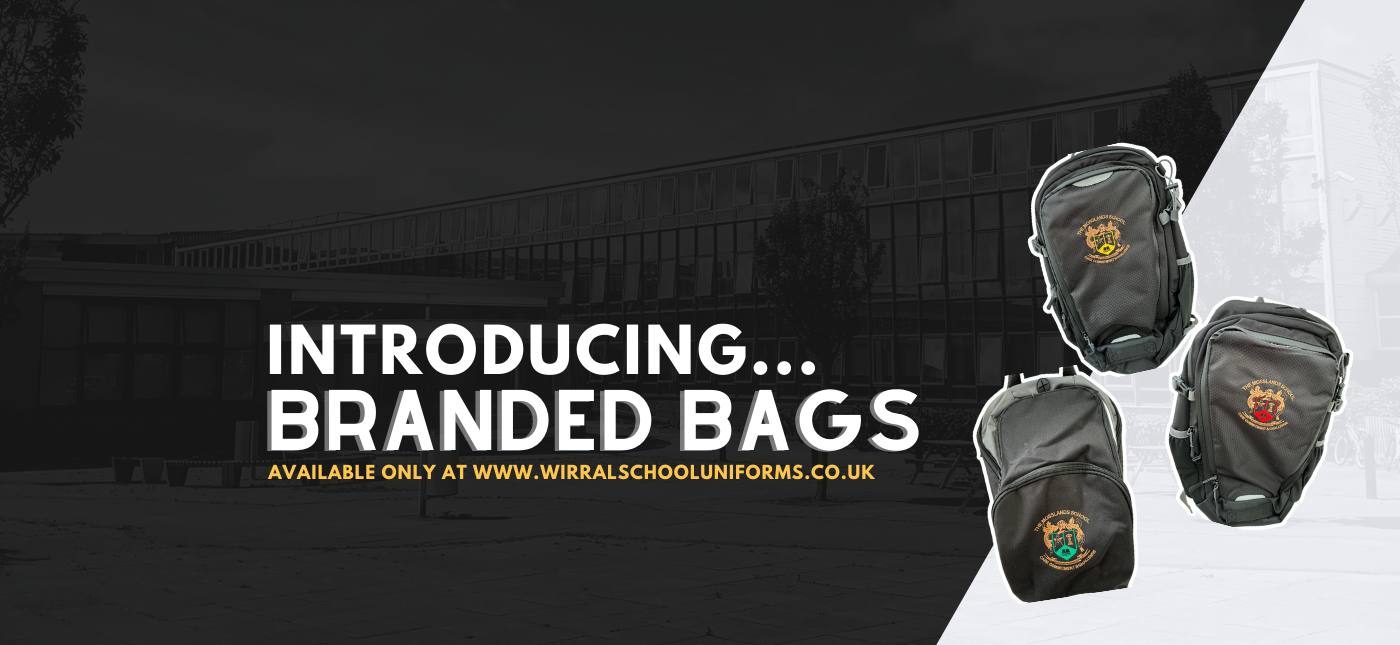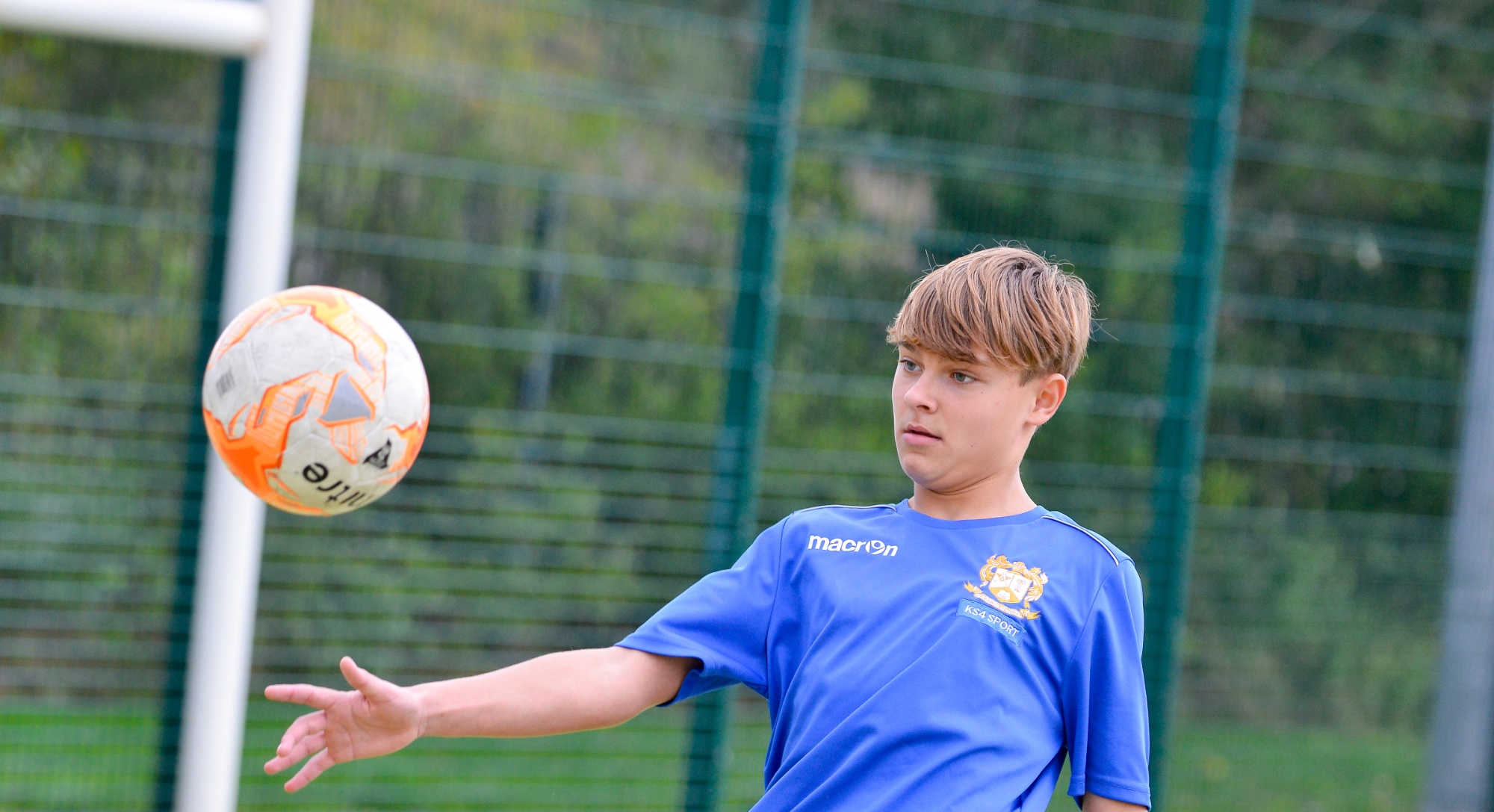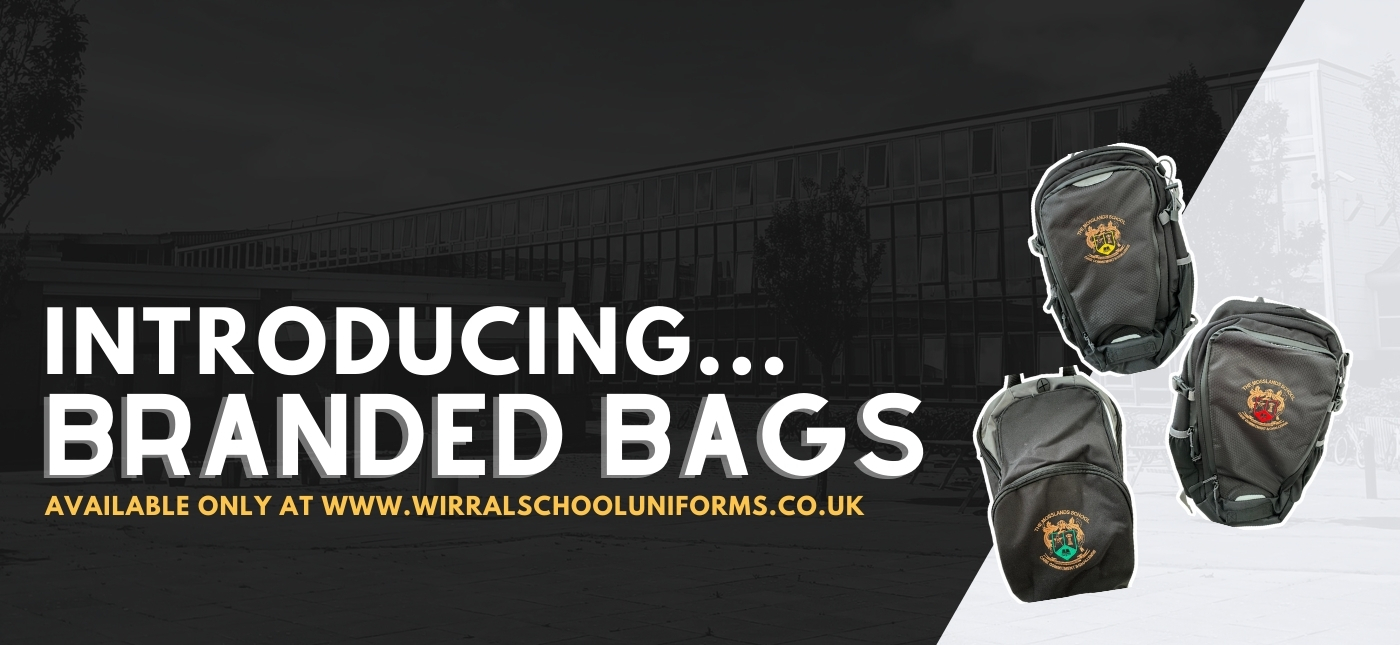Geography
"Geography explains the past, illuminates the present and prepares us for the future. What could be more important than that?" - Michael Palin 2007
/9EA6FE61EBE9B7EB042DEA1E8DC40A99.jpg)
Geography aims to stimulate an interest in the wider world and the wide variety of human and physical environments that exist. It helps to enhance knowledge and understanding of the major problems that lie ahead of us, and allows students to develop their own ideas and responses to them.
We divide Geography into two main branches of physical and human.
Physical Geography: is a branch of earth science, which looks at the natural elements of the world, including the atmosphere, land and oceans. Physical geographers study things like climate, soil, how the earth was formed and how it is changing over time.
Human Geography: is a social science that studies how humans interact with the planet and covers things like population growth, migration, how urban and rural settlements develop, how we work with animals and even how our economies are effected by the environment we live in.
In lessons we investigate a wide variety of topics based upon different places, and at different scales. Fieldwork is carried out to reinforce understanding and encourage students to understand issues and processes studied in the classroom. It also helps students to appreciate how complex the world is.
Preparing you for life
Geography is a broad subject and tackles a wide range of social, political, economic and environmental issues facing the world; from climate and environmental change, to inequalities in health, the growth of world cities and new patterns in international trade, migration and development. Studying Geography will give our students the knowledge and transferable skills needed to work in a wide range of areas within both the public and private sector, from urban and regional planning to international aid organisations, and from environmental management to advising businesses on sustainability issues.
Skills you will develop studying Geography:
- Interpersonal skills through debate and discussion;
- Literacy, Numeracy and problem-solving skills;
- Skills in research and data collection, analysis and evaluation;
- Written and oral communications skills, including report writing and data presentation;
- The ability to understand abstract concepts and articulate these to a range of audiences;
- Planning and problem-solving skills;
- Creative thinking and the ability to recognise the moral and ethical issues involved in debates;
- The ability to work independently and also in a team, taking on board ideas and coming to a decision;
- Self-motivation and self-reliance;
- Time management and the ability to meet deadlines
What you will study?
KS3
In years 7 and 8 a broad range of geographical techniques, methods and places are studied. Students consolidate and extend their knowledge of the world’s major countries and their physical and human features. They start to understand how geographical processes interact to create distinctive human and physical landscapes that change over time. Students become increasingly aware of complex geographical systems in the world around them. They develop greater competence in using geographical knowledge, approaches and concepts and geographical skills. Pupils enrich their locational knowledge as well as spatial and environmental understanding. Some of the topics studied can be viewed below.
KS4
In years 10 and 11, KS4 Students follow the AQA syllabus. Students are afforded the opportunity to develop communication, graphical and cartographical skills, problem solving and to develop their inter-personal skills through debate and discussion. The course provides a good balance between physical and human Geography as well as an exciting fieldwork opportunity. Assessment is in the form of three exams.
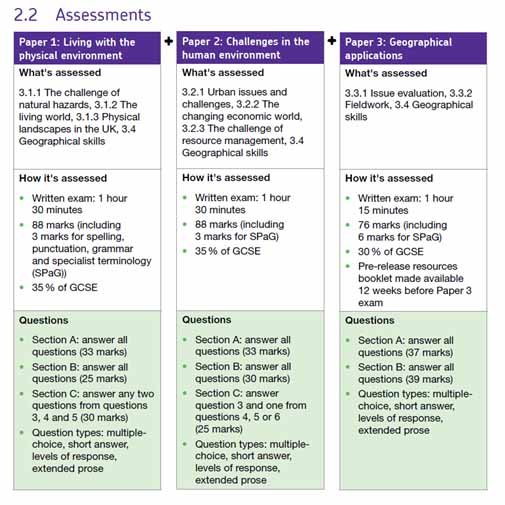
The course of the 2years pupils will study:
- The challenge of natural hazards
- Weather hazards and climate change
- Ecosystems- tropical rainforests and hot deserts
- UK physical landscapes
- Coastal landscapes in the UK
- River landscapes in the UK
- The changing economic world
- Urban issues and challenges
- Resource management
- Energy
- Geographical applications exam revision- pre released material
REVISION
Assessment
Throughout Year 7 to 11, there are three summative assessments per academic year. These assessments are carried out under exam conditions.
The summative assessments are based on topic knowledge and skills. The outcome of the assessments will allow the teacher to determine pupil ability to recall knowledge and will also assess the application of skills that have been taught in class, such as analysis, describe, discussion, evaluation and explaining.
Throughout the year, formative assessments are also carried out where pupil knowledge and ability is assessed in class. These formative assessments allow the teacher to determine where the pupil is on their learning journey and allows feedback and improvements to be made throughout the school year. This feedback and improvement technique allows pupils to really progress in their understanding and ability so when the summative assessment takes place, they are in the best possible position for the assessment.
At GCSE, the AQA exam specification is followed.
What Fieldtrips will I go on?
Students will take part in various fieldtrips such as Regeneration in Liverpool, River studies at Loggerhead’s Wales and Coastal management in New Brighton. Data is collected and analysed to help pupils succeed in their paper 3 exam.







